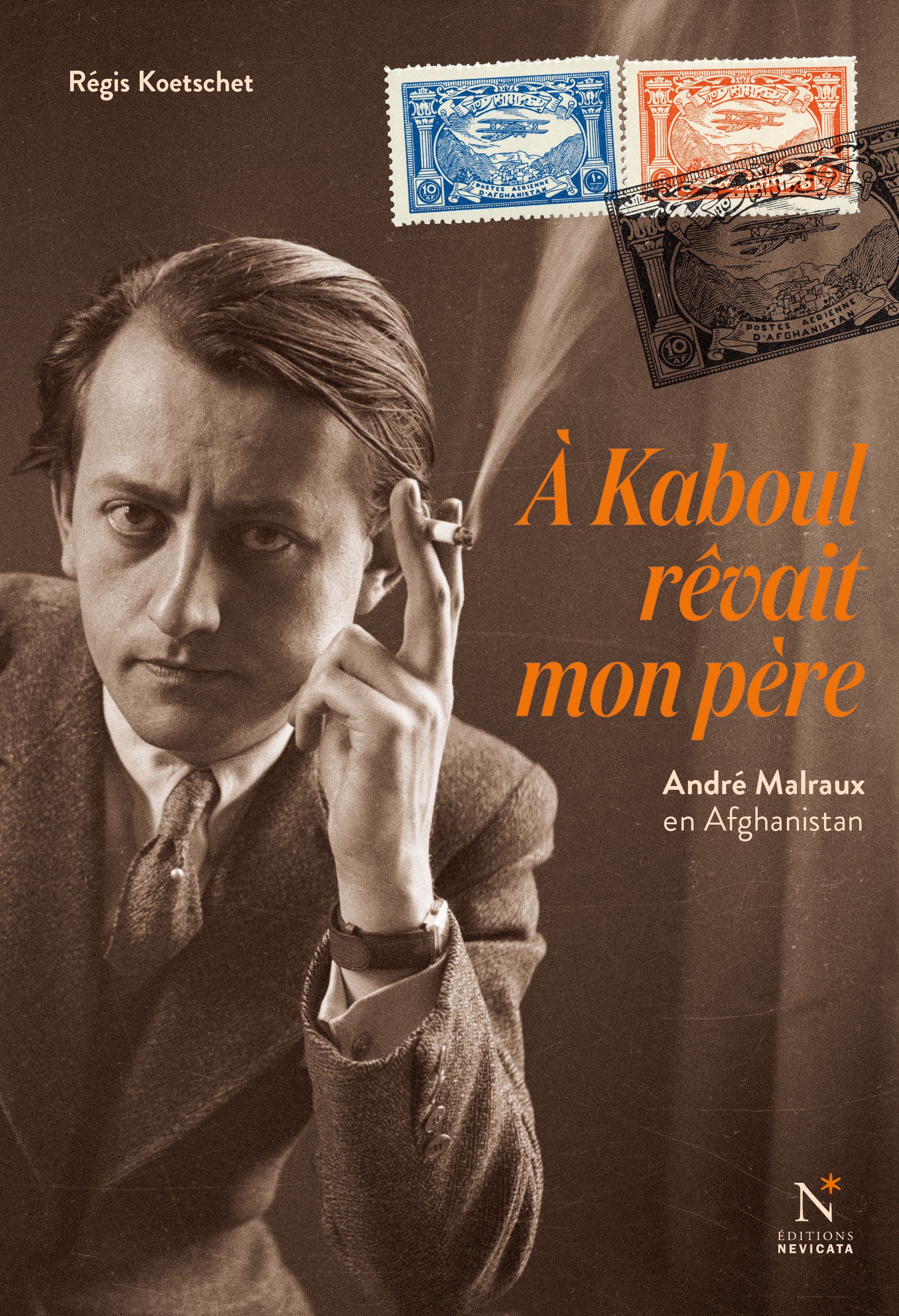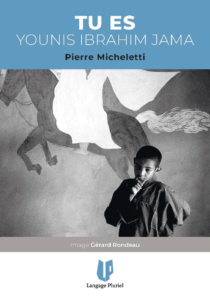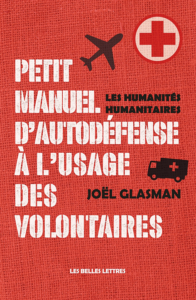
Régis Koetschet, preface by Bertrand Badie
Éditions Maisonneuve&Larose / Hémisphères éditions, 2021
(Published in French)

Régis Koetschet
Éditions Nevicata, 2021
(Published in French)
About Diplomate dans l’Orient en crise, Jérusalem et Kaboul 2002-2008
“Inside the mind of a diplomat”: such could have been the subtitle of this book, which reveals diplomatic work in all its political and cultural diversity, in the heart of an Eastern region under “post-9/11” high security tension, in two outposts: Jerusalem, where Régis Koetschet was consul general from 2002 to 2005, and Afghanistan, where he represented France from 2005 to 2008. As he explains, these two diplomatic missions took place “in an environment of violence. War and terrorism, retaliation, occupation, crime, drugs. Added to this was the violence of poverty, religious fundamentalism and social misfortune.”
The book provides many discoveries and confrontations, because in Jerusalem as in Kabul, the diplomat finds himself at the crossroads of a double journey, difficult, sometimes baroque, often painful: the beginning of millenary stories, ardent spiritualities, brilliant civilizations against the backdrop of their landscapes. But it is also a story that is written day by day, between war and peace, law and deeds, development and corruption.
The encounter, marked by widespread mutual ignorance, between a world of suffering and humiliation and the demands and impatience of diplomatic action, gives rise to many questions and lucid observations. The daily life of Palestinian complexity is described, until the death of Yasser Arafat and the advent of Mahmoud Abbas, and we witness an Afghan power divided between its traditional solidarity and the commitments of the international coalition.
From Jerusalem to Kabul, from Gaza to Bâmiyân, Régis Koetschet endeavours to shed light on these different temporalities and to make them coincide, with the aim of promoting dialogue and understanding. But an ambassador is not only immersed in the field of his mission: he represents a political power, a tradition, interests, influences, and ambitions that can take the form of hasty Parisian certainties, problematic European faint-heartedness or brutal, realist power. We must therefore try to explain, to plead in favour of a complexity that we know is disturbing given the increasingly binary approach to international life.
This fascinating story reconnects with the field and actors of this Eastern region in crisis, from the alleys of the Holy City to the bluish foothills of the Hindu Kush; enhanced by a note of hope carried by a true humanist trust and a deep empathy with the cultures experienced over the long term. It is also a lively way to discover the daily life and know-how of the diplomatic function. “Diplomacy through the skin” as the author says.
About À Kaboul rêvait mon père. André Malraux en Afghanistan
An evocation of André Malraux’s journey to Afghanistan in 1930, midway between a literary investigation and a geographical adventure.
André Malraux’s intellectual curiosity had always been attracted by Afghanistan and its surroundings. But as ardent and consecrated as it was by the “supreme beauty” of Gandhâra, Malraux’s relationship with Afghanistan was fraught with false leads, excesses and missed opportunities, as if he had scores to settle with the country, which he described as “ghostly and absurd.”
This book seeks to shed light on Malraux’s “Afghan mystery” by going back over his life: his childhood visits to the Guimet Museum, the preparation of his voyage to the temple of Banteay Srei, his trip to Kabul with his wife Clara in the summer of 1930, his initiatives as the Minister for Cultural Affairs.
“In Kabul my father dreamed,” writes Malraux in the Antimémoires. This crossing of the century invites us to undertake this profound journey, confronted with the torments of the world.
 See here the interview (in French) with Régis Koetschet by Boris Martin, the Editor-in-Chief of the Humanitarian Alternatives review.
See here the interview (in French) with Régis Koetschet by Boris Martin, the Editor-in-Chief of the Humanitarian Alternatives review.


